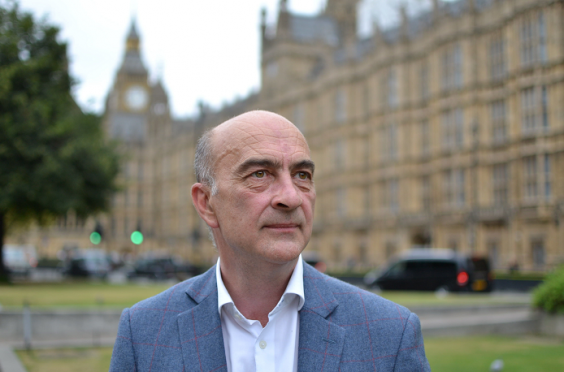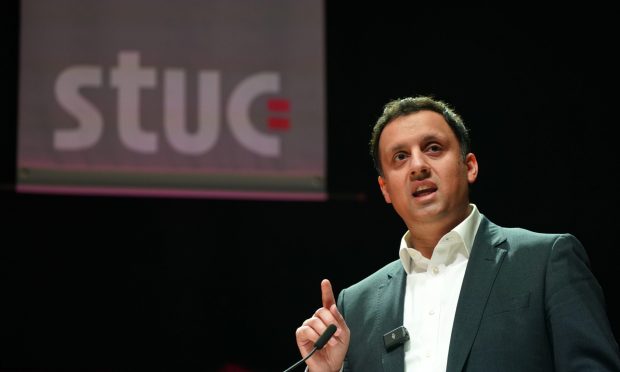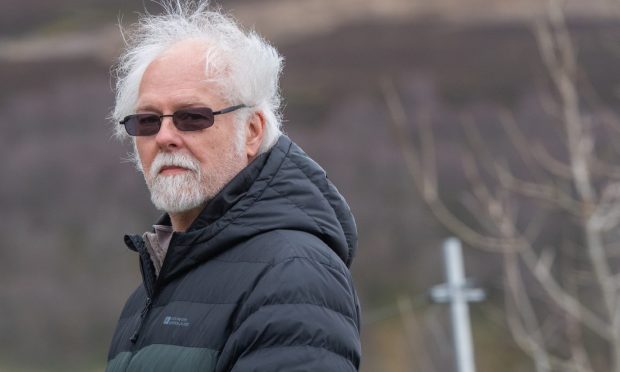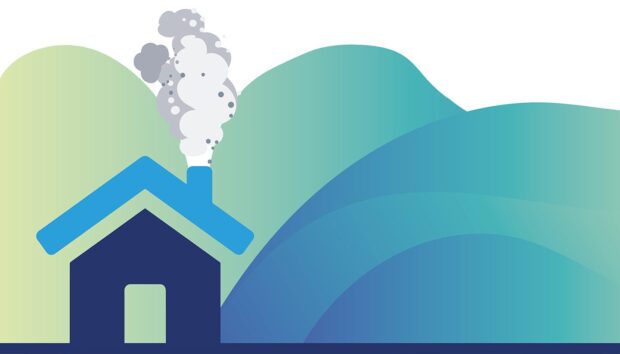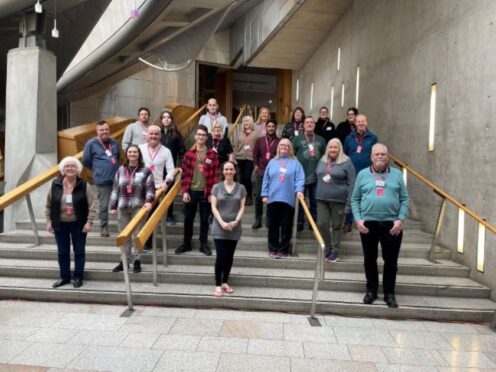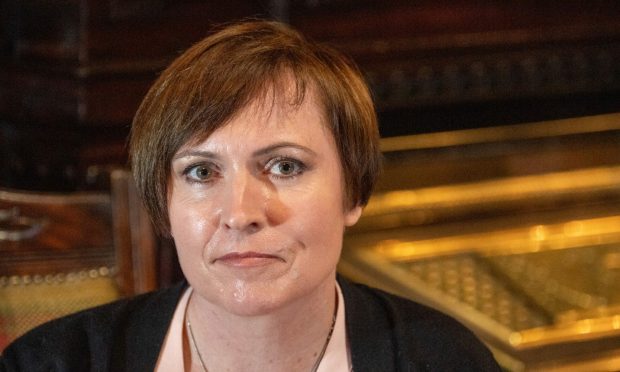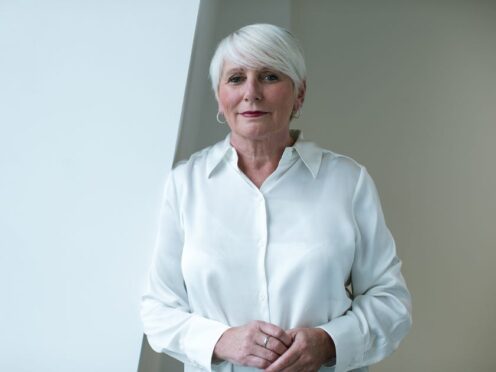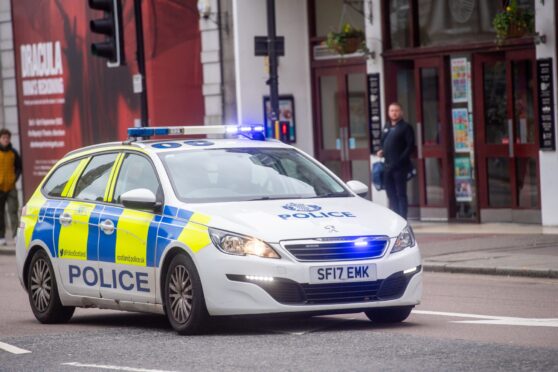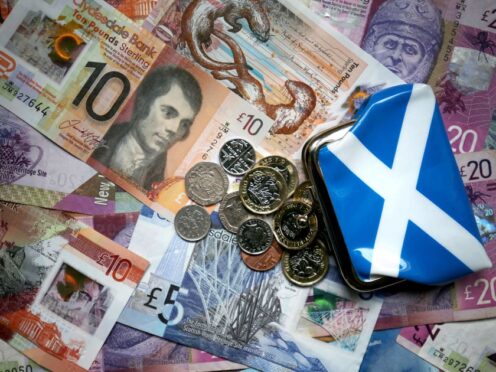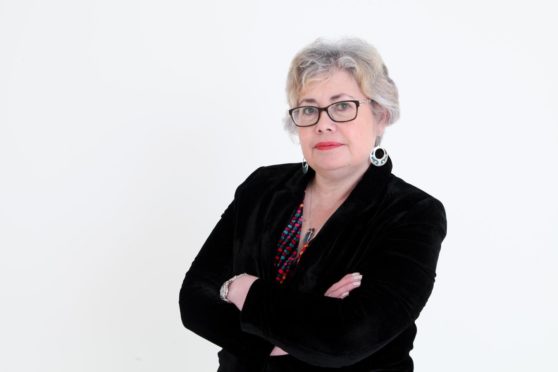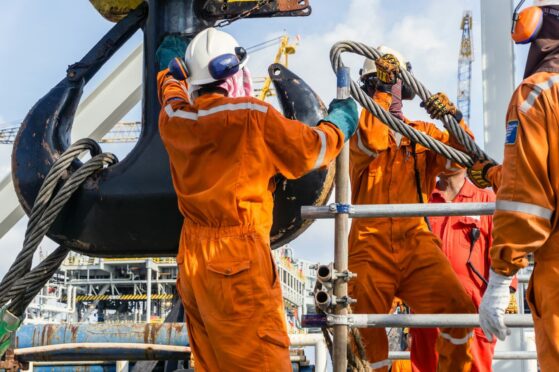Last Sunday was my birthday. Last Sunday also saw travel chaos across the UK and much of Europe.
A few snowflakes fell and Birmingham and Heathrow airports ground to a slushy halt. A multitude suffered the consequences of delayed or diverted planes.
Hundreds of thousands of passengers had their plans thrown into disarray. Many never made it beyond the check in desks. Some who did had to return hours later. And when they eventually did fly, often their luggage didn’t.
I know all this because I ended up spending eight hours of my birthday in Edinburgh Airport.
It had started as a seemingly simple task: fly to Brussels for the annual powwow where the EU decides who can catch what fish in its waters. The fact that most of these waters will be ours when we leave the EU made this year’s carve up even more interesting than usual.
I was there with my friends of the Scottish Fishermen’s Federation to whom I have the pleasure of giving advice. Unfortunately the other European countries round the table met each reasonable request from the UK delegation with, at best, a shrug and, at worst, blunt invitation to “fish off”. At least I think that was the phrase.
More on planes, trains and automobiles later.
First, let me give credit to our ministers and civil servants. Both of Scotland’s governments worked well together.
George Eustice and Fergus Ewing were a good tag team. Their officials worked not just into the night, but all night long, to make the case for our fishing folk.
The outcome was OK. Not a disaster. Not a triumph either. But it was OK. In truth many of the deals which most affect Scotland are done in the weeks and months earlier, in talks with Norway, Iceland and the Faroes. The real crunch comes 12 months from now. Next December we will be fewer than 100 days from Brexit. Fewer than 100 days from the UK being out of the Common Fisheries Policy (CFP).
The existing CFP deal is a disastrous deal which means the UK lands only 40% of the allowable catch in our waters. The rest is given away to other countries by the EU. Merci beaucoup, guys, nice work. Not.
Consider this. Other European countries such as Norway, who are not in the EU, keep 80% or more of the fish in their waters. We are allowed half of that. We have been screwed for years.
But, at midnight on March 29, 2019, that can end. We will leave the EU. At a stroke, we are free from the CFP. We can decide who catches what, where and when in our seas.
We will get first call on quota . . .
. . . If we stick to our guns.
If we don’t give it all away again.
If we play our Brexit cards well.
Because fishing is different. The seas, under international law, will be ours.
Indeed, fishing is an issue which stands out and stands alone in the Brexit brouhaha. It unites Leave and Remain. Soft and Hard. Brexiteers and Bremainers.
North and south, east and west. Coastal communities and urban sprawls. There is a sea of opportunity ahead. We must take it.
So the UK will have a choice: tell all the other boats to go away and never darken our seas again. Or behave like a reasonable, responsible, grown-up nation willing to forge new relationships with our maritime neighbours.
It cannot be the first. Therein lies the road to ruin. The way to bad relations. We need an evolution of this opportunity, not a revolution. So on that March day, fewer than 500 days away, let us leave. Let us take back control of our seas. But let’s be reasonable. We can’t, indeed we must not, wait two or three years to get on with being masters of our seas.
There is no need to wait. All the machinery needed to be a coastal state once more already exists. The table where fish talks take place is set. We just need to assume our seat at it.
So, next December let’s go back to Brussels but this time let it be the last time as part of the CFP where land-locked EU countries have a say over our fish.
We should go in the recognition that, for most of the following year, we will be off and out of the Common Fisheries Policy. We should do a deal which covers 2019 and is fair to all. Not closing our seas to others; not waiting years while other aspects of Brexit get fixed.
All we need is a few months of a “Bridge” between the Devil of the CFP and the Deep Blue Sea of Opportunity. The fish supper is coming home.
And so to the travel trials and tribulations. For the most part the staff at Edinburgh Airport were magnificent. Many worked 12 hour shifts or longer. They showed great patience in the face of falling snow, failing systems and hot and bothered passengers. Delays were long; tempers short.
I had planned to hop to Amsterdam and then to Brussels.
Others in our group, starting from other cities around the country, had other routes. We were all struggling to make it.
It turned into a competition. Who could get there? Could we get there? I won. It took 13 hours. But at least I arrived on nearly the same day I set out. Others took much longer.
A couple had to overnight in Dublin and suffer an evening of Guinness and oysters. One never made it at all.
But one person deserves special mention. He was the only journalist who made the trip to ensure his readers got the inside story. And he too faced travel turmoil.
He is the Press and Journal’s very own Keith Findlay.
While others moaned and groaned and demanded special treatment from airline staff he, selflessly and magnanimously, demanded that others in the endless queues at the airline desks got the hotel rooms available because their needs were greater than his.
So a big round of applause to Keith.
